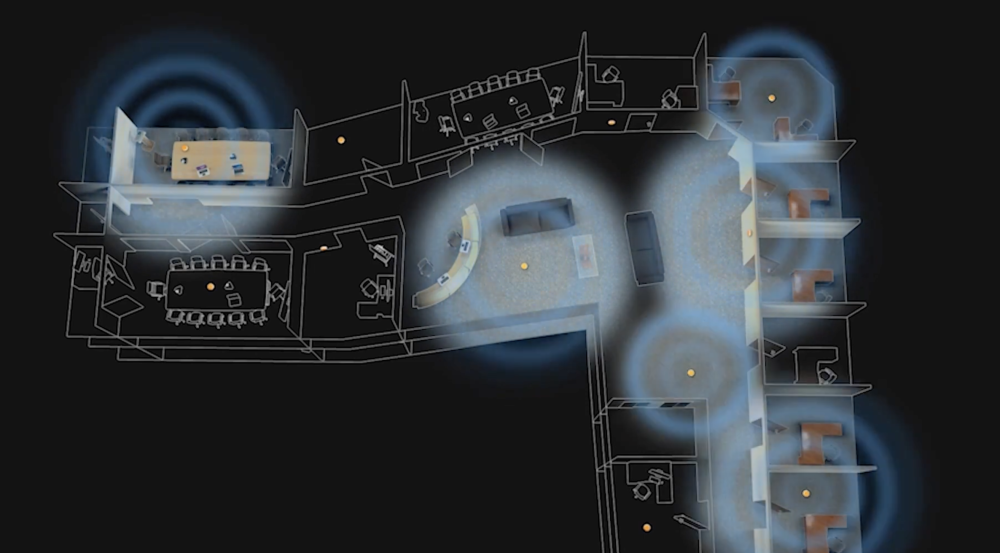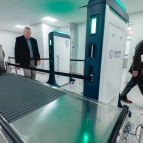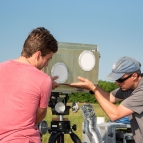Low-Cost Localization Using Distributed Adaptable-Response Transponders

The minutes and hours following an emergency or disaster are essential to saving lives and mitigating damage. However, during these events, local infrastructure such as power and cell service may be unavailable, hampering the overall situational awareness of first responders. It is exceptionally challenging to track the locations of rescuers in indoor environments. Such information would not only improve rescuers’ safety but also help ensure the success of rescue operations.
The Low-Cost Localization Using Distributed Adaptable Response Transponders (LLDART) program aims to develop “ad hoc” technology to track the location of first responders and emergency personnel in large, complicated indoor spaces without the use of preexisting infrastructure. To do this, we are building a deployable navigation network, where small low-cost radio transponders carried by rescuers exchange information and measure distance. By fusing this information with traditional sensors — such as an inertial measurement unit and GPS when available — the location of each rescuer can be estimated. The project is also exploring the utility of deploying the transponders in other ways, such as on a commercial unmanned aerial vehicle circling an area, or as “breadcrumb” devices dropped throughout a building. Ultimately, the goal of LLDART is to develop a prototype that can be transitioned to user communities as a tool that provides them with real-time situational awareness and thereby improves their safety and effectiveness.




